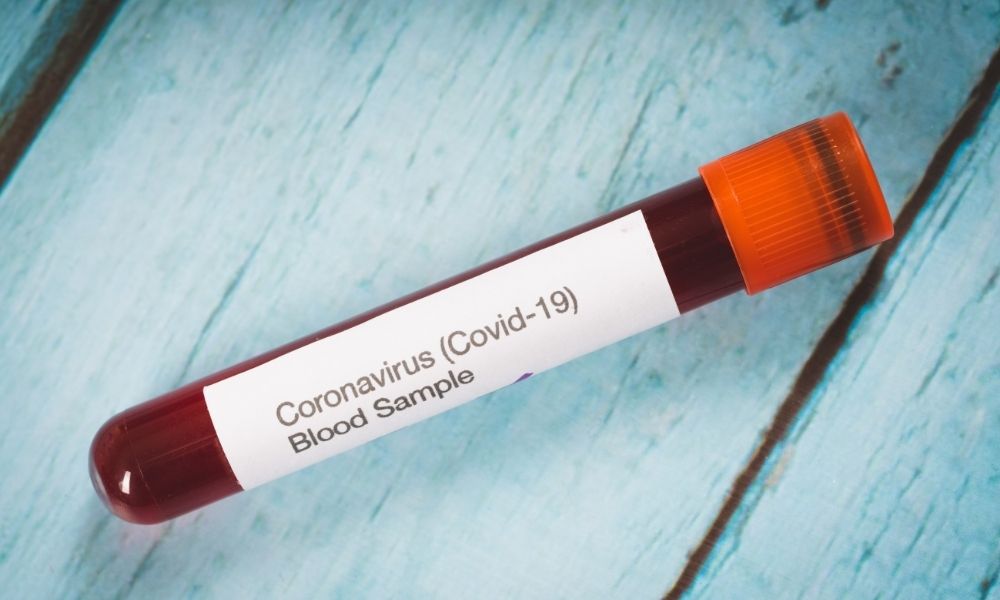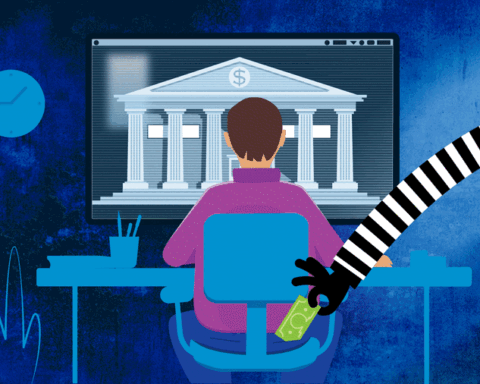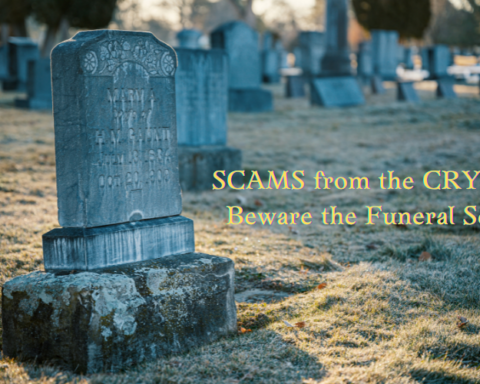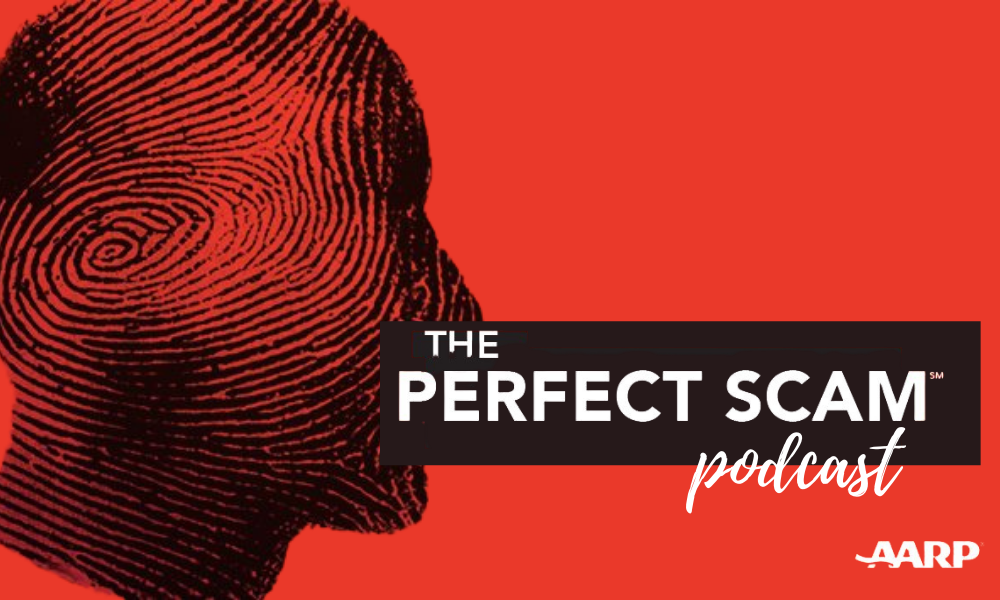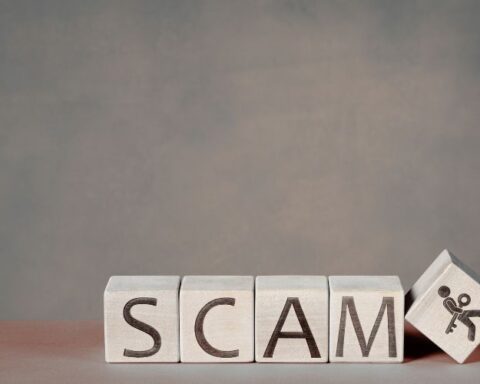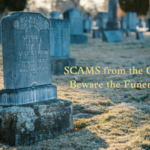Original Post | Federal Communications Commission
As the race to deliver vaccines for COVID-19 intensifies, scammers continue to prey on our hopes and fears in their attempts to steal insurance information, money or both.
One of the latest bogus offers is for fraudulent and unapproved COVID-19 antibodies tests. The FBI warns that many of the callers offering antibodies tests are asking for personal information, such as Social Security numbers, Medicare or private health insurance information that can result in identity theft and be used in future scams.
Consumers should also be on guard for scam calls from fake pharmacies offering “pre-approved” medications or supplies to consumers. The scam caller claims the costs are covered by insurance, but they need additional information to process the shipment. In addition to asking for insurance details, they will request the contact information for your primary care physician. They then use this information to charge your insurance provider for unnecessary medications or medical equipment supplies that you never receive.
These scammers may even pretend to represent legitimate insurance companies, as the chief operating officer of Independent Health, a Buffalo, New York-based insurance company, learned when he got a call that purported to be from his own company, according to WBFO, Buffalo’s NPR station.
If you receive a call from someone claiming to be from your insurance company, hang up and call the number on the back of your medical insurance or prescription card to confirm whether the call is legitimate.
Tips to Avoid Being Scammed
The FCC offers the following tips to help you protect yourself from robocall and text scams, including coronavirus scams:
- Always be wary of any unsolicited offers that require you to provide your insurance or doctor’s information.
- Do not respond to calls or texts from unknown numbers, or any others that appear suspicious.
- Never share your personal or financial information via email, text messages, or over the phone.
- Be cautious if you’re being pressured to share any information or make a payment immediately.
- Scammers often spoof phone numbers to trick you into answering.
- Do not click any links in a text message from an unknown sender.
- For more information about coronavirus scams, visit fcc.gov/covid-scams.
Notify the Authorities
If you believe you have been the victim of a COVID-19 scam, immediately report it to the National Center for Disaster Fraud Hotline at (866) 720-5721. You can also file a complaint with the Department of Justice (justice.gov/disastercomplaintform), or contact the FBI (ic3.gov, tips.fbi.gov, or 1-800-CALL-FBI). COVID medical scams can also be reported to the Food and Drug Administration (en español).
File coronavirus scam complaints online with the Federal Trade Commission.Bureau/Office: Consumer and Governmental AffairsTags: Consumers – Robocall – Robocalls – Scams – Telephone Consumer Issues – Texting – Wireless Consumer IssuesUpdated: Tuesday, February 2, 2021

